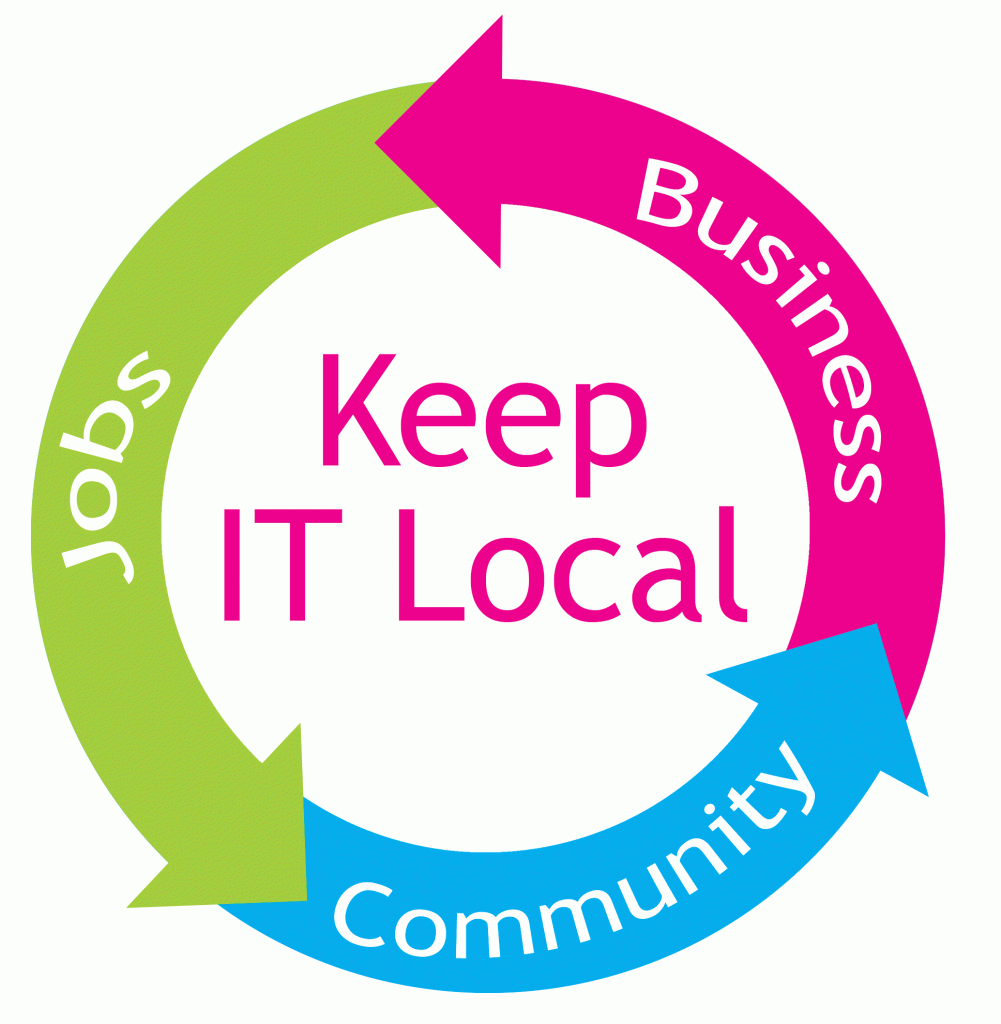
‘The economic sphere is not distinct from the social, they are one and the same. We must therefore root our economy in social justice and be guided by the limits of the environment to create a country in which wealth is enjoyed by everyone, everywhere.’ What Needs to be Done-The Manifesto for Local Economies, Centre for Local Economic Strategies 2017
DTNI has been working alongside the Centre for Local Economic Strategies (CLES), a Manchester-based ‘think and do’ tank, to engage members in a discussion about challenging the assumption that community and the economy are separate; an assumption that is often reflected in our public-sector structures and central and local government policies.
Momentum is gathering for a new movement that asserts that economies are there to support people and communities as opposed to themselves. Both economic and social growth need to be equally weighted in terms of their emphasis on policy-making, and our economy needs to be designed to support those it is there to serve. We need to create a system within which all sectors can work, helping both people and organisations understand their own contribution to the economy with a full appreciation of the needs and benefits of a balanced economic model – one which supports the public, private and social sectors equally, and respects and acknowledges the unique contribution of each.
DTNI believes that advancing community wealth and sustainable local economies is fundamentally increasing local community ownership – land, assets, services and goods.
The commissioning role of the public sector can be key to the success of a local economy. Millions of pounds are spent annually by both local and central government on the commissioning of services to be provided locally. Harnessing the power of third sector anchor institutions by commissioning services locally, particularly from organisations such as development trusts, is one means of supporting and galvanising a local economy and ensuring its sustainability going forward. This can often be a way to bring jobs into disadvantaged areas; to test and pilot initiatives for reaching those furthest from the labour market, and then to scale up what works.
The following are some examples of how public bodies can support the local economy through procurement processes:
The eleven local authorities in NI are now responsible for community planning, and central government departments and agencies are engaged and have bought into this approach. DTNI considers that community planning presents an ideal opportunity to take a holistic approach to supporting and strengthening local economies.
We contend that a Regional Charter is needed, similar to the CLES document What Needs to be Done – The Manifesto for Local Economies (which applies to England specifically). This would provide for a cross-sectoral consensus on a set of principles designed to realise the vision for a strong local economy.
Local government and the third sector are both key to ensuring that the public sector are not just the custodians of money filtering down through the system. They can also ensure that a process evolves which is transformative and open to the potential for social innovation solutions – which sometimes involves taking risks. Finding meaningful and accepted ways of measuring social impact is core to this process. Promoting a collaborative economy means encouraging ‘business citizenship’ which means more than just corporate social responsibility but, rather, that businesses are aware of their impact and take socially conscious decisions.